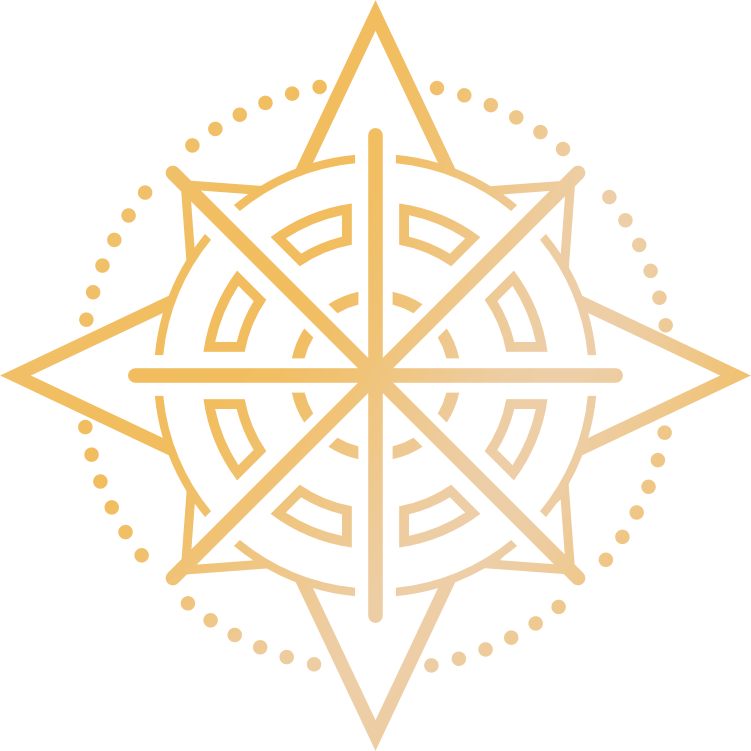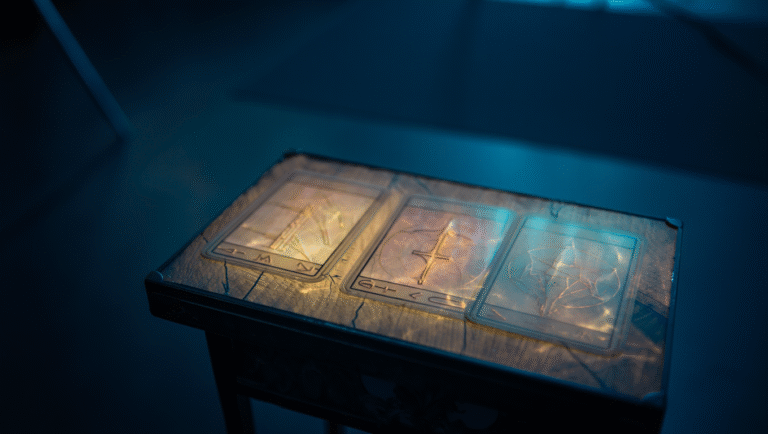Tarot Advice I Gave a Client Choosing a Job
Sometimes, life throws you the classic “Which job should I take?” curveball. We all want to make the right move—especially when it comes to our careers. Recently, I worked with a client facing exactly this dilemma. She had two solid job offers, but her gut was tangled in knots. Instead of flipping a coin, she reached out for a practical tarot session. Let me walk you through how a 15-minute tarot spread helped her find real clarity—and how you can use this same approach if you’re ever in a similar spot.
Setting the Scene: When Pros and Cons Aren’t Enough
My client, let’s call her “N,” had two job offers: one from a fast-paced tech startup, the other from a stable, established firm. Both paid well, had growth potential, and seemed like decent environments. She’d made spreadsheets, talked to friends, even done a classic pros and cons list… still, no clear answer.
That’s where tarot came in—not as a magic answer machine, but as a tool to unlock her own intuition and make sense of what really mattered to her.
“I just keep second-guessing my gut. Can tarot really help with something so practical?” N asked. My answer: Yes, but only if you use it as a mirror, not a crystal ball.
The Real-Life Spread: The Two Roads Decision Layout
I chose a simple, actionable spread: the Two Roads (sometimes called “Path A/Path B”). Here’s how it works:
- Card 1: The core energy of Job Option A
- Card 2: The core energy of Job Option B
- Card 3: Hidden pros/cons of A
- Card 4: Hidden pros/cons of B
- Card 5: Advice for decision-making
This spread gives you a quick, focused look at both paths and a “zoom out” card for overall guidance. It’s perfect for a lunch break or post-work ritual—no incense or chanting required!
15-Minute Setup: What You Need
- A tarot deck (beginner-friendly suggestion: The Modern Witch Tarot Deck)
- A quiet spot (even your parked car or bedroom corner will do)
- Pen and paper for notes
- Timer (set for 15 minutes—seriously!)
Step-by-Step: How We Did It (and How You Can, Too)
- Clarify the question. We got specific: “What do I need to know about choosing between Job A and Job B to make the best decision for my next career chapter?”
- Shuffle and lay out cards. One card for each position, in two rows (A and B), then the fifth card beneath as “Advice.”
- Interpret with honesty. We looked for clear, practical cues in the cards—not vague destiny stuff.
- Write down first impressions. No overthinking—just jot down what stands out.
- Reflect, then act. After the reading, N took 10 quiet minutes to sit with her thoughts before making any calls or decisions.
Real-World Example: What the Cards Actually Said
For Job A (the startup), the card pulled was The Tower—big change, risk, and potential shake-ups ahead. For Job B (the stable company), she got The Hierophant—tradition, structure, and learning from mentors.
The hidden pro/con card for A was The Star (hope, potential for growth but also big leaps of faith), while for B it was Four of Cups (potential boredom or stagnation if she played it too safe).
Advice? Two of Wands—think long-term, not just quick wins.
It wasn’t about which job was “better,” but which fit her real goals for the next few years. Job A could be thrilling but chaotic; Job B offered stability but risked feeling stale. Armed with these insights, N realized she craved the mentorship and structure of Job B—for now.
Here’s a Quick Tarot Spread Checklist for Career Decisions
| Step | Action | Time Needed |
|---|---|---|
| Clarify question | Define both job options and what you want to know | 2 min |
| Shuffle & lay out cards | Use the Two Roads spread (5 cards) | 3 min |
| Interpret | Look for themes, not just “good/bad” | 5 min |
| Reflect & decide | Sit quietly, jot notes, trust your insights | 5 min |
Tools & Decks for Quick Career Tarot Sessions
-
Modern Witch Tarot Deck
Pros: Sharp images, diverse, easy for beginners.
Cons: Slightly larger cards if you have small hands.
Best for: Visual learners, modern vibe seekers. -
The Wild Unknown Tarot
Pros: Minimalist, intuitive, sturdy box for travel.
Cons: Symbolism can be abstract if you’re new.
Best for: Creatives, those who like animal/nature imagery. -
Light Seer’s Tarot
Pros: Uplifting art, diverse, easy guidebook.
Cons: Some cards are less traditional.
Best for: Anyone who wants a positive, fresh feel.
| Name | Key Feature | Size/Material | Price Range | Amazon Link |
|---|---|---|---|---|
| Modern Witch Tarot | Modern, inclusive images | Standard, sturdy cardstock | $20-$30 | Check price |
| Wild Unknown Tarot | Minimalist, nature-inspired | Larger, matte finish | $25-$40 | See today’s deal |
| Light Seer’s Tarot | Bright, uplifting art | Standard, smooth finish | $20-$30 | Check price |
More Resources and Further Reading
- Biddy Tarot: Career Tarot Questions Guide
- Labyrinthos: Career Tarot Spreads & Tips
- Rider-Waite Tarot Deck (classic starter deck)
Final Thoughts: Tarot as a Career Clarity Tool
Tarot won’t hand you a signed contract, but it can help you cut through mind-fog and tune into what you really want. Even a 15-minute spread can help you see your options from a new angle—no mystical mumbo jumbo required.
If you’re facing a big work choice, try this spread and see what comes up. You might be surprised how much your own intuition has to say when you give it the mic.
Want to try a deck yourself? Check out the options above—these are the ones I actually use with clients. For more quick tarot guides, see the resources above, or drop me a question in the comments.
Some links in this post may be affiliate links. You pay the same price, and this blog may earn a small commission. Thanks for supporting practical spiritual tools!



